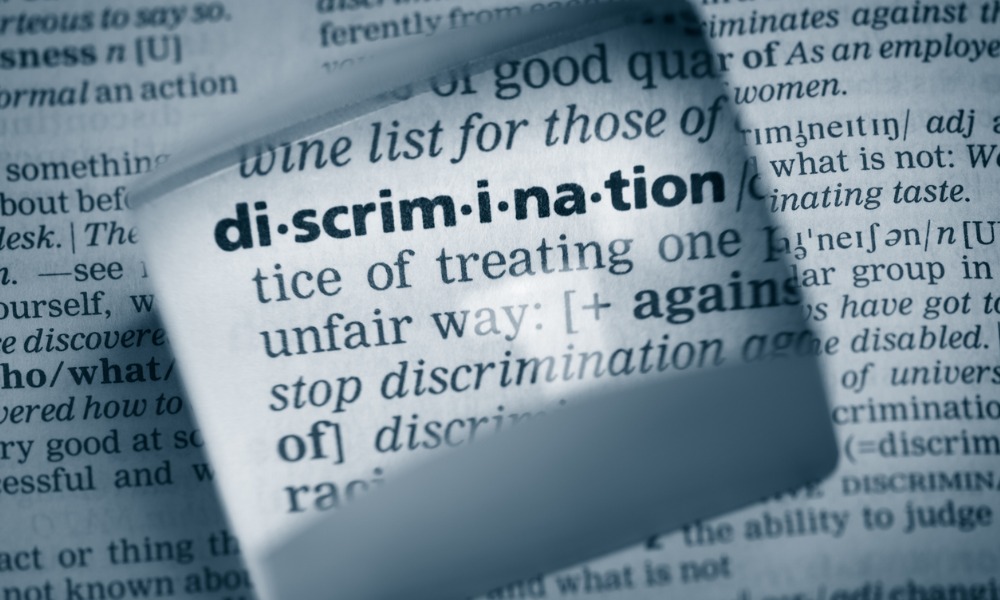
One-half also cite unfair treatment in hiring, promotions, finds survey, citing discrimination

Racism is an issue in the workplace if your skin is not white – even though White Canadians may disagree, according to a recent report from York University.
Nine in 10 (90%) Black Canadians indicate it’s important or crucial to promote racial and ethnic diversity in the workplace. About the same number of East Asian or South-East Asian, other Non-White and Indigenous respondents (85%) say the same, and 77% of White respondents have a similar claim.
But White and non-White groups are seeing different things in the workplace: Seventy-five percent of Black Canadians and 70% of non-White people say racism in the workplace is a serious or very serious problem. Meanwhile, 56% of White Canadians believe racism in the workplace is a minor problem or not a problem at all. Just 12% of White people think racism is a very serious problem in the workplace.
“One of the biggest surprises or confirmations that I received is the recognition that the work world is really the epicentre of experiences of discrimination,” says Lorne Foster, professor at the Faculty of Liberal Arts and Professional Studies and Institute for Social Research director at York University.
The majority of women of colour feel invisible in their place of employment, according to a previous report.
Nearly half (47%) of Black people indicate that they have been treated unfairly by an employer in hiring, pay or promotion in the last 12 months, according to York University’s Black Canadian National Survey, which included a national web survey of over 5,000 respondents and a national Black community web survey, along with a wiki survey, with a total of 10,199 votes.
Thirty-five percent of other non-White people, 24% of Asian or South-East Asian people and 23% of Indigenous people have also experienced unfair treatment by an employer. Meanwhile, the number drops to 15% among White Canadians.
The Canadian Human Rights Commission (CHRC) discriminated against its own Black and racialized workers, the Treasury Board Secretariat (TBS) said in a previous decision.
Forty-three percent of Black Canadians believe that only qualification should be considered in hiring and promotions; while 57% believe that race and ethnicity should also be taken into account, according to the York University report.
Meanwhile, 58% of Indigenous people, 56% of East Asian or South-East Asian and 59% of other NonWhite Canadians believe that only qualifications should be taken into account even if it results in less diversity. Seventy percent of White respondents agree.
Foster says that employers should keep human rights principles and equity, diversity and inclusion goals front and centre.
“What this survey confirms is there is not only a strong legacy of racism in Canada, but it has profoundly and enduringly permeated our systems and structures. Even more disturbing, however, is how racism is moving from blatant and overt to more subtle, covert expressions of it,” says Foster, York Research Chair in Black Canadian Studies and Human Rights (Tier 1).
“A proactive examination of organizational culture, attitudes, norms and shared perspectives in workplaces… is urgently needed.”